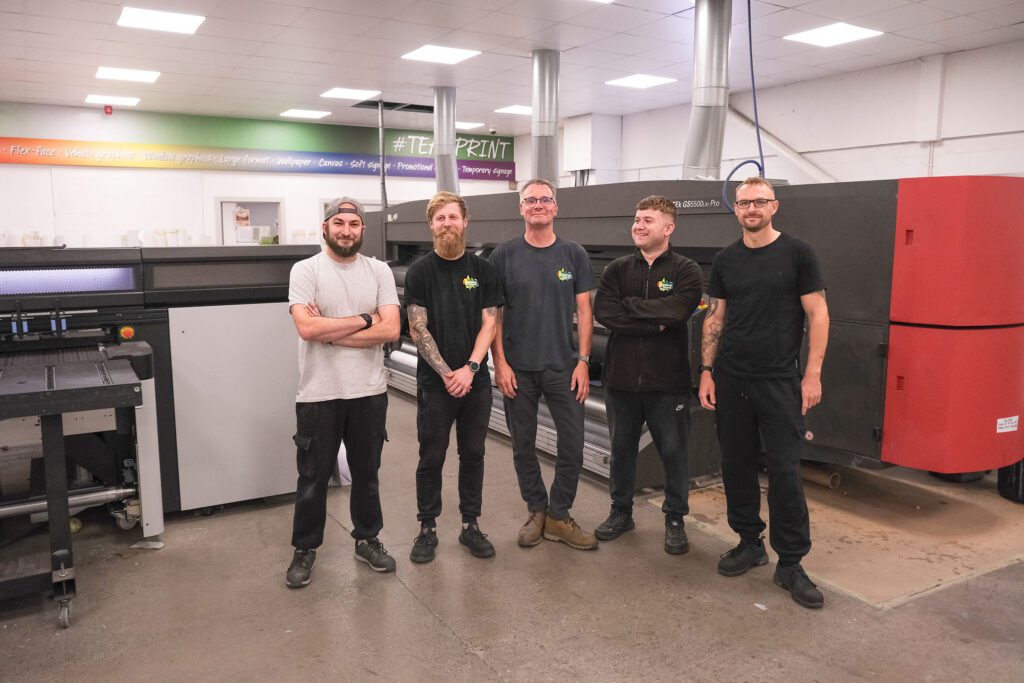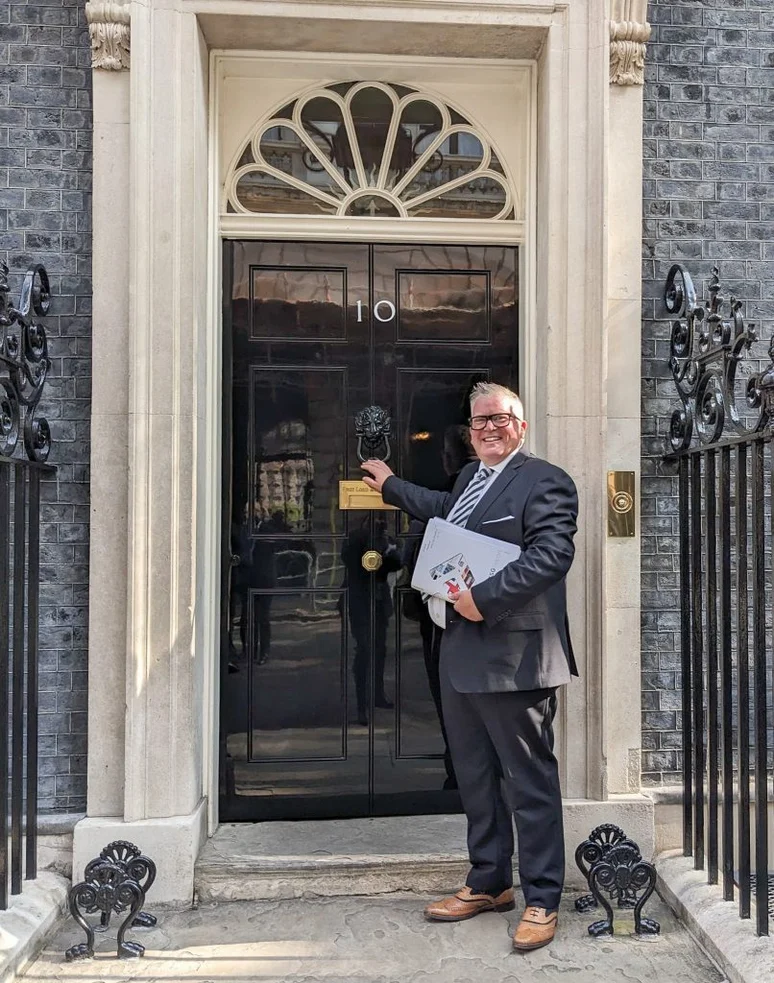In the second part of our special report on employing young people in print we hear how the flow of knowledge goes both ways.
There is no doubt that young employees, new to working environments, have much to learn, but the share of knowledge is not only in one direction, as Simon Ward, Print Manager at Greens the Signmakers describes. “Often, especially when observing apprentices working with software packages, I see the apprentice carry out a task more efficiently than I would have done, and I’m not afraid to say I’ve adopted their methods to carry out a task on many occasions in my everyday jobs.”

At Tradeprint, younger team members have contributed in many ways. “Young employees have taught us to question assumptions, adopt new technologies more quickly, and communicate in more inclusive and digital-first ways. They help us stay adaptable and relevant,” says Anthony Rowell.

Both Tradeprint and Greens have found that the assumptions that are often made about the difficulties in employing younger people are frequently unfounded.
Lawrence Green comments, “Young people often get tarred with the same brush, and that’s just not true, I find many of the younger generation are so keen to get out and work and have their own independence, but some may need that bit of guidance to get it fully right.”
The energy and outlook young people bring with them into the workplace is something Anthony recognises and values. “At Tradeprint, we see employing young people not just as succession planning, but as an investment in creativity, innovation, and diversity of thought.”
‘Attitude first’
Ultimately, it is the approach to work that counts for Lawrence, and that comes down to respect on both sides.
“People do want to do a good job and be trusted to get on and do it, and while it might take a bit more guidance in what that looks like with a younger member of staff, it’s the same for everyone. I will, however, say on the contrary, that if someone doesn’t do their part or is causing issues within the business, then it’s only fair on all the other members of staff to solve that issue quickly.”
When employing younger people, Simon Wheeler of Stylo has always looked for ‘attitude first’, seeking to employ those who are keen to learn and who will work hard. “The beauty of this policy is that there are rough diamonds that will ensure the future of your business has a legacy and can continue successfully as an ongoing concern.”
The same is true for Greens, as Simon Ward describes. “When I see a young person looking to gain employment within the company, I look at how enthusiastic they are when they see the technology and software we have here at Greens. If they express an eagerness to become part of the team, ask questions and show a willingness to learn, that will motivate me to mentor them and help them become as good as they can be within the industry.”
“We’ve had numerous members of the team join us at a young age who have then gone on to grow and develop within the business, who have been key players in the growth and success of Greens the Signmakers,” says Lawrence. “If we can give an opportunity for more young people to get the same chance, then that is fantastic, and if they are the right person, the rewards from investing in them are great to see.”
And there are significant benefits to businesses willing to make the investment in young staff, even if the employers find some aspects mystifying, as Simon Wheeler found.
“There are some real gems out there, they come with passion, the want for learning, and a modern sense of what is required in the future workplace, oh and a strange new language!” The son of his Creative Director is a case in point.
“The explosion of passion he demonstrated in the interview, and when I introduced him to another young person, was both heartwarming and confusing as they started to speak a language I was not familiar with, ending each other’s sentences without pause or annoyance. This is our future – the next generation of Stylo – workers, managers and future directors.”
Simon Wheeler has also recognised that what is good for the bottom line can be good for morale too. “There are financial advantages, for example, there are no inflated recruitment fees to pay, and you can grow real loyalty with a young person.”
That loyalty is then rewarded in a virtuous circle. “We try to ensure that as the individual grows, as they learn to drive, buy a car, rent or buy a house, have children, etc, that we track and support their growth with their earnings.”
